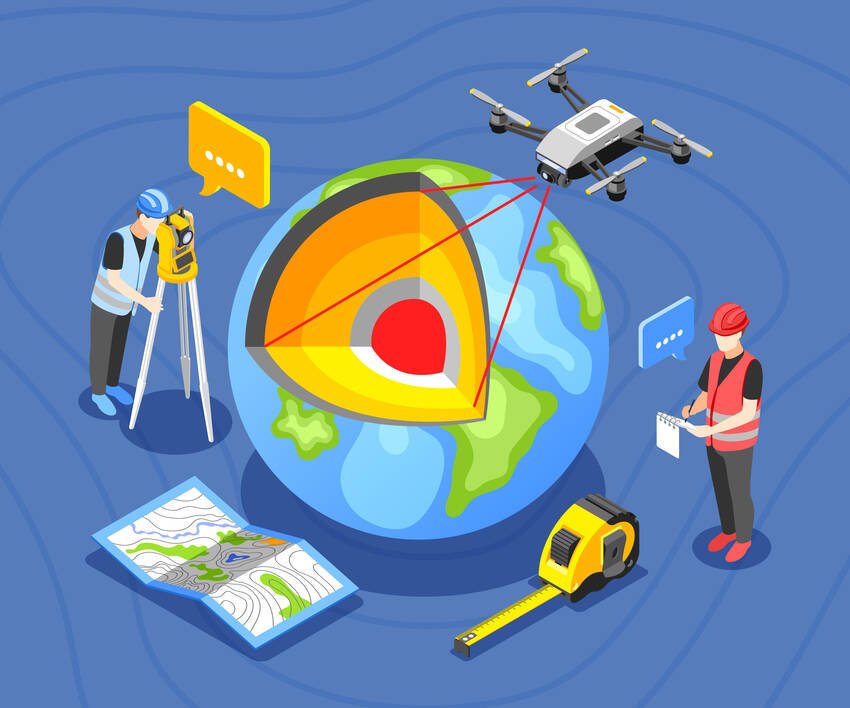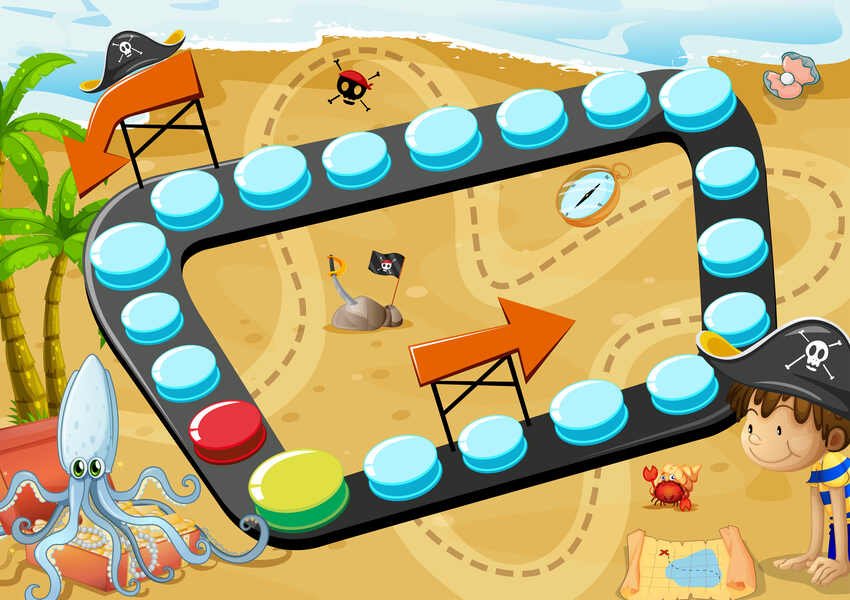Online games have developed their own culture, and part of that culture is the fast-paced language used by players around the world. Whether you’re chatting with teammates, watching a livestream, or scrolling through a gaming forum, you’ll quickly notice a flood of acronyms and abbreviations. This coded language helps streamline communication and build community, but it can also confuse newcomers. This guide is here to help you understand the most common terms in the gaming world and what they actually mean.
Why Online Gaming Has So Many Acronyms
Online multiplayer environments thrive on speed. In fast-paced games, there’s no time for long explanations. Acronyms allow players to share crucial information with just a few keystrokes. Over time, these shortcuts became standard, and now they’re as much a part of gaming as controllers and coins.
Speed and Convenience
Imagine you’re in a battle royale game and your teammate disappears without warning. A quick “AFK” in chat lets everyone know they’re away from the keyboard. When the game ends, a simple “GG” shows good sportsmanship. These short forms save time and keep the gameplay flowing.
Influence of Game Genres
Different genres tend to generate their own unique slang. Multiplayer online battle arenas (MOBAs), massively multiplayer online role-playing games (MMORPGs), and sweepstakes-style platforms all foster their own vocabularies. As new mechanics and features emerge, new acronyms often follow. This creates a sort of dialect within each gaming niche, reinforcing the sense of belonging among players.
Most Common Acronyms in Online Games
If you’re just starting out, these are the terms you’ll want to recognize. They appear across genres and platforms and are often used in chats, guides, and game menus.
Game Mechanics and Player Actions
Understanding in-game systems means learning the shorthand for them. These acronyms relate to basic play, performance, and game structure.
- RNG: “Random Number Generator,” the logic behind random outcomes in games.
- XP: “Experience Points” earned by completing tasks or leveling up.
- HP: “Health Points,” representing how much damage a character can take before being defeated.
Mastering these basic terms helps players follow instructions, tutorials, or forum tips more easily. They’re often the foundation for understanding more complex gameplay.
Stats, Roles, and Team Dynamics
As you progress in online games, especially multiplayer ones, you’ll encounter acronyms tied to player roles, character builds, and competitive play.
- DPS: “Damage Per Second,” measuring how much damage a player or ability can deal in a short time.
- AOE: “Area of Effect,” referring to attacks or skills that impact multiple enemies in a zone.
- CC: “Crowd Control,” used to describe skills that stun, freeze, slow, or otherwise limit opponents.
- Tank: A role focused on absorbing damage and protecting teammates.
- Support: A player who heals, buffs, or assists others rather than dealing direct damage.
These acronyms are often used in chat to coordinate strategy, choose characters, or analyze team performance. Knowing them helps players collaborate more effectively and improve their own playstyle.
Acronyms That Might Catch You Off Guard
Not every acronym in gaming is as familiar as XP or HP. Some terms are specific to certain platforms or communities, and they often lead to questions from new players.
- FS: “Free Spins,” a bonus feature offered in casual and sweepstakes-style games.
- RTP: “Return to Player,” the average return a game gives over time.
- SC: Ever wondered what does SC mean when reading player chats or forum posts? SC or “Sweep Coins” is a promotional currency used in sweepstakes-style platforms, often allowing players to access prize games without making purchases.
- GC: Short for “Gold Coins,” commonly used for standard, non-prize play on dual-currency platforms.
- Booster: A temporary in-game feature that increases XP, adds spins, or boosts progress.
These acronyms aren’t always explained upfront, so spotting them early helps you feel more at home in the gaming world.
Lesser-Known or Game-Specific Slang
Not every term is universal. Some acronyms are more niche, typically used in certain types of games or online communities.
Platform-Driven Jargon
- Gacha: Refers to games that use randomized reward mechanics, similar to capsule toy machines. Players use currency (earned or purchased) to receive a random item or character.
- MTX (Microtransactions): MTX or Microtransactions are small purchases made inside the game, such as skins, special items, or bonus spins.
- P2W (Pay to Win): A critical term describing games where spending money gives players a major advantage, often reducing the importance of skill.
In addition to these, players might come across region-specific slang or abbreviations based on popular streamers, seasonal events, or specific game updates.
How to Stay Updated on Game Lingo
Gaming language evolves just like any living language. As new games launch, updates roll out, and platforms grow their communities, fresh acronyms and slang terms emerge constantly. Some phrases go viral overnight, while others develop quietly within niche circles. Research from Lund University highlights how this specialized language functions not just as a way to communicate, but also as a way for players to express identity and build community. Keeping up with this evolving vocabulary not only helps you understand your favorite games better, but also makes it easier to engage with others in the community. This need for specialized knowledge can be evident in games with unique currencies, reward structures, or earning mechanisms, where knowing the right term is critical to success. To stay current, players can turn to detailed guides and analyses written by community experts, such as this deep dive into getting SC, for instance, to fully understand the methods and strategies behind earning specific in-game assets and maximizing their time.
Join Communities and Forums
Online communities are the best places to pick up new terms and ask questions without judgment. Subreddits like r/gaming, r/OutOfTheLoop, or even r/NoStupidQuestions often feature acronym breakdowns and helpful discussions. Game-specific Discord servers are also valuable hubs for real-time slang, patch note reactions, and insider tips. Many games have fan-run wikis or glossary threads where players contribute to a living dictionary of terms.
Being part of these communities means you’ll often see new lingo in use before it spreads to mainstream guides or tutorials. It’s also a great way to connect with experienced players who can explain acronyms you might not find elsewhere.
Learn by Immersion
The fastest way to learn gaming slang is by jumping into games and observing how other players talk. In-game chatrooms, voice lobbies, and on-screen messages are all full of abbreviations that start to make sense as you see them in context. Watching livestreams on Twitch or gameplay breakdowns on YouTube also helps, especially when creators explain strategies and react in real-time.
Even reading comment sections on patch notes, esports updates, or streamer clips can expose you to trending terms. If something doesn’t click right away, a quick search or a friendly question in the chat usually clears things up. Over time, the language will feel second nature.
Follow Influencers and Patch Updates
Game developers and content creators often introduce new terms without meaning to, especially during major updates or seasonal events. Following patch notes, developer blogs, or popular streamers can help you catch acronyms early, like when new mechanics or game modes are introduced.
- Streamer communities: Streamers often coin or popularize slang that spreads quickly across gaming platforms.
- Official channels: Developers may use acronyms in changelogs or event descriptions that eventually catch on among the player base.
- Esports coverage: Competitive scenes often standardize terms that later filter into everyday player language.
Staying tuned into these sources ensures you’re not left behind as new language trends emerge.
Conclusion
Online gaming has developed a language of its own, built from fast communication, shared experience, and evolving communities. From basic terms like XP and HP to more niche acronyms like Gacha or P2W, these shortcuts help players connect and communicate across platforms and genres. Understanding this lingo not only improves your gameplay but also opens the door to deeper community involvement.
As new games and updates emerge, so do new terms. Staying engaged with the community, watching how others communicate, and asking questions when you’re unsure are all part of the learning curve. Over time, the once-confusing abbreviations will become second nature. Whether you’re teaming up with friends, joining a new platform, or watching a stream, knowing the language helps you feel right at home.
Read Dive is a leading technology blog focusing on different domains like Blockchain, AI, Chatbot, Fintech, Health Tech, Software Development and Testing. For guest blogging, please feel free to contact at readdive@gmail.com.





